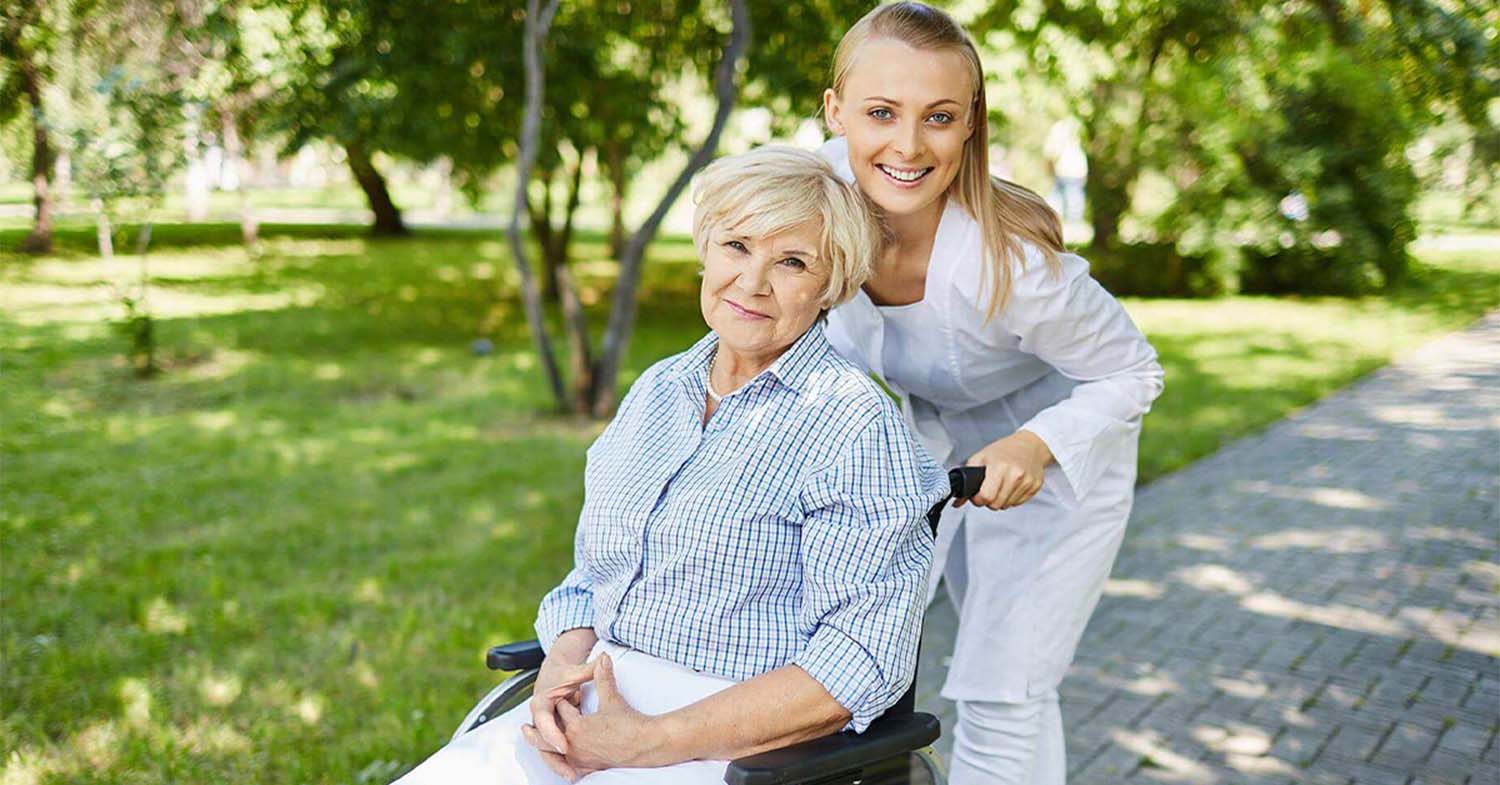As the University of Calgary is conducting a new study that looks at the relationship between spinal cord injury (SCI) survivors and their caregivers, we wanted to reflect on family members caregivers’ critical role, while providing tips on how to deal with stress when helping a disabled loved one.
A much-needed study
Dr Bonnie Lashewicz from the University of Calgary, together with Dr Chester Ho from the University of Alberta, and Kirk Reynolds for Spinal Cord Injury Alberta, want to gain in-depth understandings of care relationship dynamics by spending time with participants in their everyday interactions. “We are very much interested in what is behind the scenes,” said Lashewicz. “How do people navigate and negotiate relationships of support?”
The aim is to improve care for everyone suffering from a SCI and to help their families, as being a caregiver for a loved one can be an isolating experience. “We want to encourage practitioners and policy-makers to provide frames and communicate with people in ways that hold on to a sense of possibility and don’t close things off too prematurely.”
Please note that the UoC is looking for adults with an SCI and their caregiving family members who are also willing to take part in a series of three interview-observations over a year.
The Pivotal Role of Caregiver Family Members
Bathing, dressing, cooking, going to medical appointments, remembering to take prescription medications: these trivial, simple tasks can suddenly become challenging after a spinal cord injury, that’s why you support as a caregiver is essential.
However, your loved one’s spinal cord injury isn’t just a physiological issue. It is a life-altering condition that also fundamentally alters the way survivors function and interact in the world. Because there is a new found difficulty with daily tasks and potential for chronic pain, many people who have suffered a spinal cord injury struggle with depression.
Depression can slow the healing process and even worsen your loved one’s symptoms. While you can’t cure depression away nor prevent it, you can provide support. Research shows that people with a strong support system are less likely to get depressed, so your role in your loved one’s prognosis is critical.
The Reality of a Caregiver
A good caregiver not only cares for their loved one but also for themselves. Stress is a normal reaction to having your entire world turned upside down, but it can give rise to a host of challenges, ranging from depression and burnout to chronic illness. You may experience:
- Guilt;
- Frustration and resentment: you may feel that your loved one is ungrateful, or feel angry that other family members aren’t helping;
- Isolation: you might not spend as much time with family and friends as you once did;
- Time constraints: you no longer have time for the relaxing hobbies you once enjoyed;
- Health issues: stress-related muscle pain, headaches and digestive problems;
- Financial anxiety: settlements offered by insurance companies don’t take the full medical expenses and adjusted living expenses into account.
Taking Care of Yourself
You cannot care for someone else if you’re miserable, as those feelings will only foster resentment in both of you. Some research-backed, daily strategies that may help you cope include:
- Eating healthy;
- Preserving time each day for at least one activity you love;
- Spending time out of your home each day;
- Exercising. Yoga and Pilates are particularly effective at alleviating stress;
- Cultivating mindfulness: worrying about the future only makes things worse;
- Meditating for at least 15 minutes a day.
Always remember that when you care for yourself, you’re better equipped to face caregiving challenges.
As of mid-March, more SCI survivors and their caregivers family members are still needed for the study. We’ll keep you posted once the results of this much-needed study are published.

